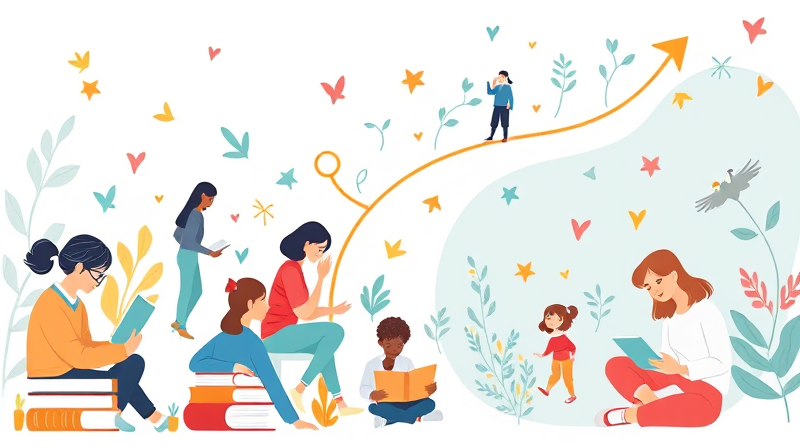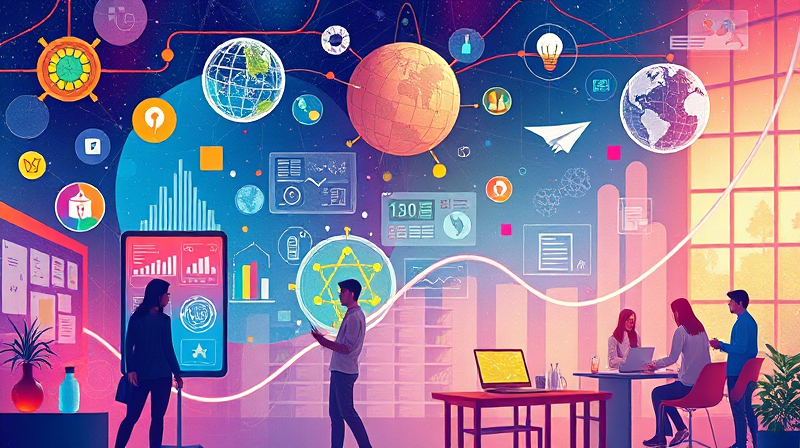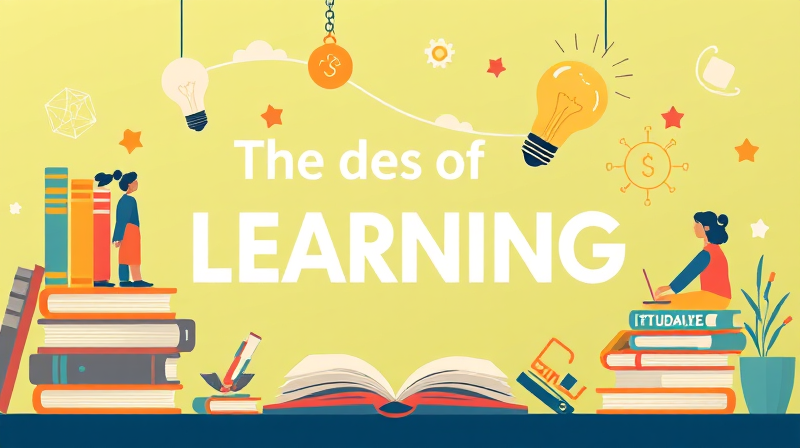Continuous education is more than just a trend – it is a lifelong commitment to personal growth and professional advancement. In our rapidly evolving world, staying updated and adaptable is essential for maintaining relevance and ensuring long-term success. This article provides insights and practical advice for embracing continuous learning at every phase of life.
Throughout our careers and personal journeys, we are constantly faced with opportunities to evolve. The following sections break down the unique challenges and strategies for early career professionals, mid-career professionals, as well as senior professionals and retirees.
Early Career: Laying a Strong Foundation
Starting out in your professional life can be both exciting and challenging. Early in your career, the focus is on setting a stable foundation while acquiring skills that will serve as a robust platform for future growth. Continuous education is crucial at this stage, as it keeps you competitive in a fast-paced market.
- Set clear goals: Identify the skills and knowledge that are currently in high demand such as data analysis, artificial intelligence, or digital marketing. Knowing what employers value helps direct your learning efforts.
- Utilize online platforms: Numerous accessible educational tools and platforms like Upskillist, Coursera, and edX offer courses tailored to your interests. Embracing these resources can transform your career trajectory.
- Combine learning with practice: Theory is important, but applying your knowledge in real-world scenarios both reinforces learning and builds confidence. Internships, part-time projects, or volunteer work are effective ways to practice new skills.
By setting a deliberate path early on, you not only enhance your expertise but also build professional habits that will guide you through the evolving demands of your industry.
Mid-Career Professionals: Advancing and Adapting
At the mid-career stage, professionals often encounter the dual challenges of maintaining market relevance and seeking advancement. This stage calls for a renewed focus on updating your skills while also networking with peers and experts in your field.
- Stay updated: Regularly engage with industry news and trends. Whether through newsletters, forums, or professional groups, staying informed ensures that you are abreast of emerging innovations.
- Pursue certifications: Earning certifications not only demonstrates your commitment to professional development but also reinforces your skill set and credibility in the workplace.
- Network effectively: Joining educational programs with a strong community focus can provide invaluable networking opportunities. Connecting with peers and mentors can open doors to new opportunities and collaborative projects.
The journey of continuous professional development during the mid-career phase is about refining your expertise and expanding your role. Investing in education at this stage often translates into improved job satisfaction and even career advancement.
Senior Professionals and Retirees: Embracing Lifelong Learning
For senior professionals and retirees, continuous education is less about career advancement and more about personal fulfillment and cognitive health. Many choose this stage to explore new areas of interest or to master skills that might have taken a backseat during their hectic career years.
- Explore new interests: Whether it’s a subject you have always been curious about or a hobby you want to transform into expertise, learning can be deeply satisfying.
- Embrace technology: Digital platforms offer a wealth of information and skills training. Overcoming the initial learning curve with technology can open up new avenues to stay connected and mentally agile.
- Engage in social learning: Group classes and discussion forums not only provide a structured learning environment but also foster community and social interaction, which is vital for overall well-being.
For this age group, the goals of continuous education are intertwined with maintaining health, staying mentally sharp, and enjoying the journey of learning for leisure and self-satisfaction. The pursuit of knowledge brings an invigorating sense of purpose, irrespective of professional demands.
Key Benefits of Lifelong Learning for All
Across every life stage, the benefits of continuous education are evident. Adopting a proactive approach to learning offers significant rewards, both tangible and intangible, that enhance every aspect of life.
- Improved cognitive abilities: Regularly challenging your brain with new information can enhance memory, focus, and overall mental agility.
- Increased self-confidence: Acquiring new skills and expertise builds a robust sense of self-esteem and personal accomplishment.
- Better adaptability: In a world of constant change, continual learning equips you to navigate professional and personal shifts successfully.
- Enhanced job satisfaction: Investing in your education can directly impact workplace fulfillment and provide a deeper connection to your career.
- Expanded perspective: Exposure to diverse ideas and methodologies broadens your worldview, encouraging innovative thinking and empathy.
Each of these benefits contributes to a balanced, enriched life. By adopting continuous education, you pave the way for a more engaging and resilient future, regardless of your current stage in life.
Practical Tips to Integrate Lifelong Learning
To facilitate your journey towards lifelong learning, here are some actionable strategies that are both realistic and sustainable.
- Set realistic goals: Start small. Whether it’s reading a chapter a day or attending a monthly webinar, setting achievable targets builds momentum and confidence.
- Make time for learning: Incorporate education into your daily routine. Even a ten-minute daily commitment can yield significant long-term benefits.
- Diversify your learning methods: Combine formal courses with informal techniques like podcasts, reading, or hands-on workshops. A varied approach keeps learning interesting and versatile.
- Reflect on your progress: Schedule regular reviews of what you’ve learned and evaluate how it applies to your personal or professional life. Reflection is key to deeper learning.
- Stay curious: Cultivate a mindset of inquisitiveness. Ask questions, seek new challenges, and continuously explore different subjects to maintain a vibrant and creative mind.
These tips are designed to foster a sustainable approach to learning. They remind us that continuous education isn’t about perfection – it’s about progress and commitment to personal growth.
Ultimately, embracing continuous education transforms challenges into opportunities. Whether you are at the start of your career, in the midst of professional growth, or enjoying the fruits of lifelong learning in later years, the journey of education is one that leads to a richer, more fulfilling life.
Commit to your growth. Stay inspired and let every day be a step forward in your lifelong quest for knowledge and personal development.








